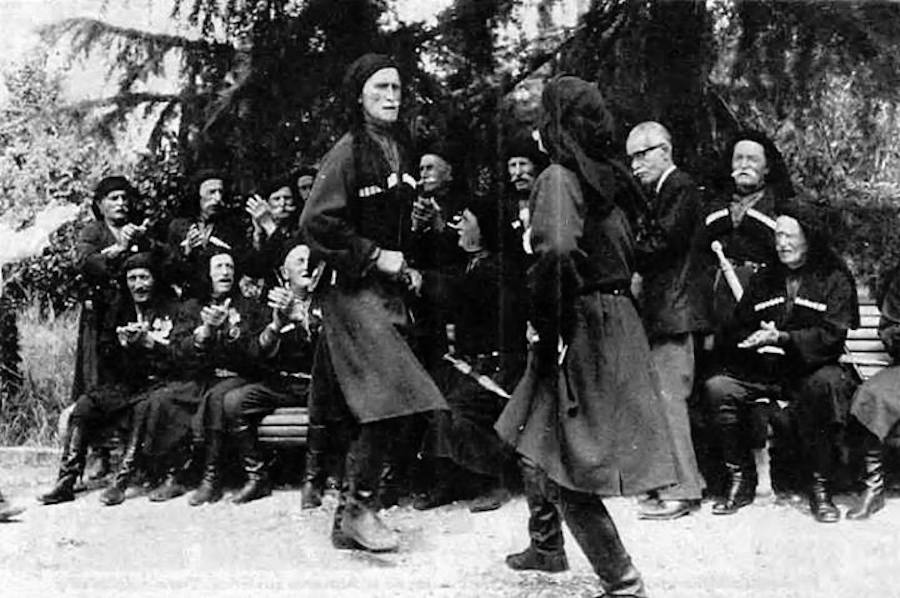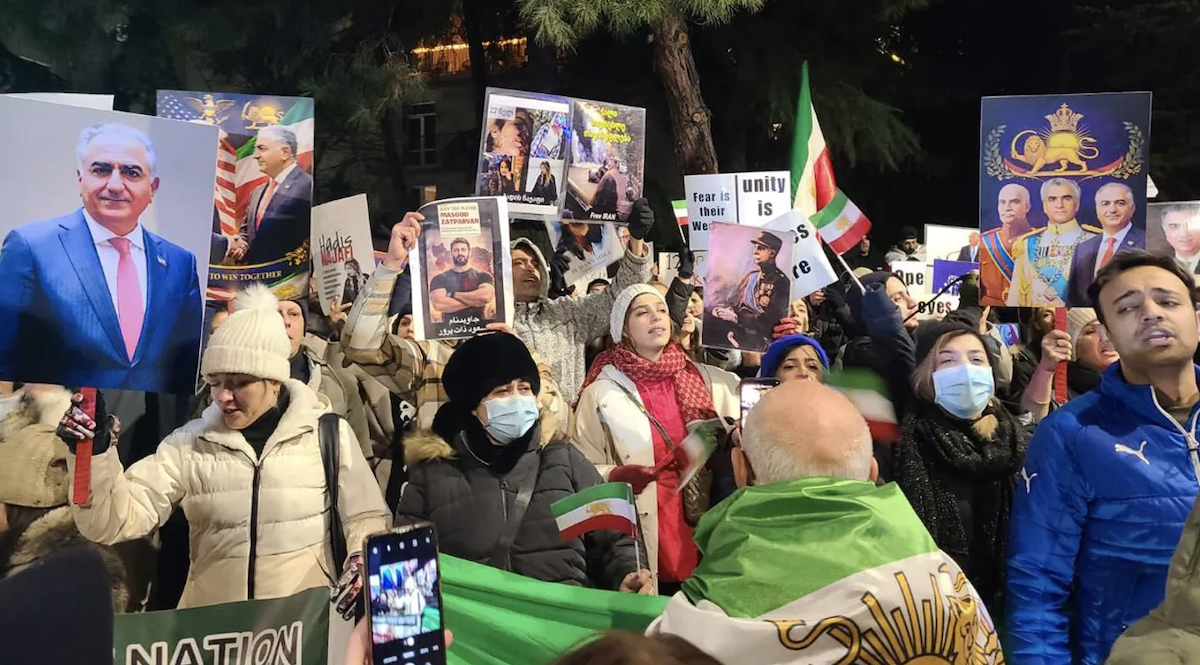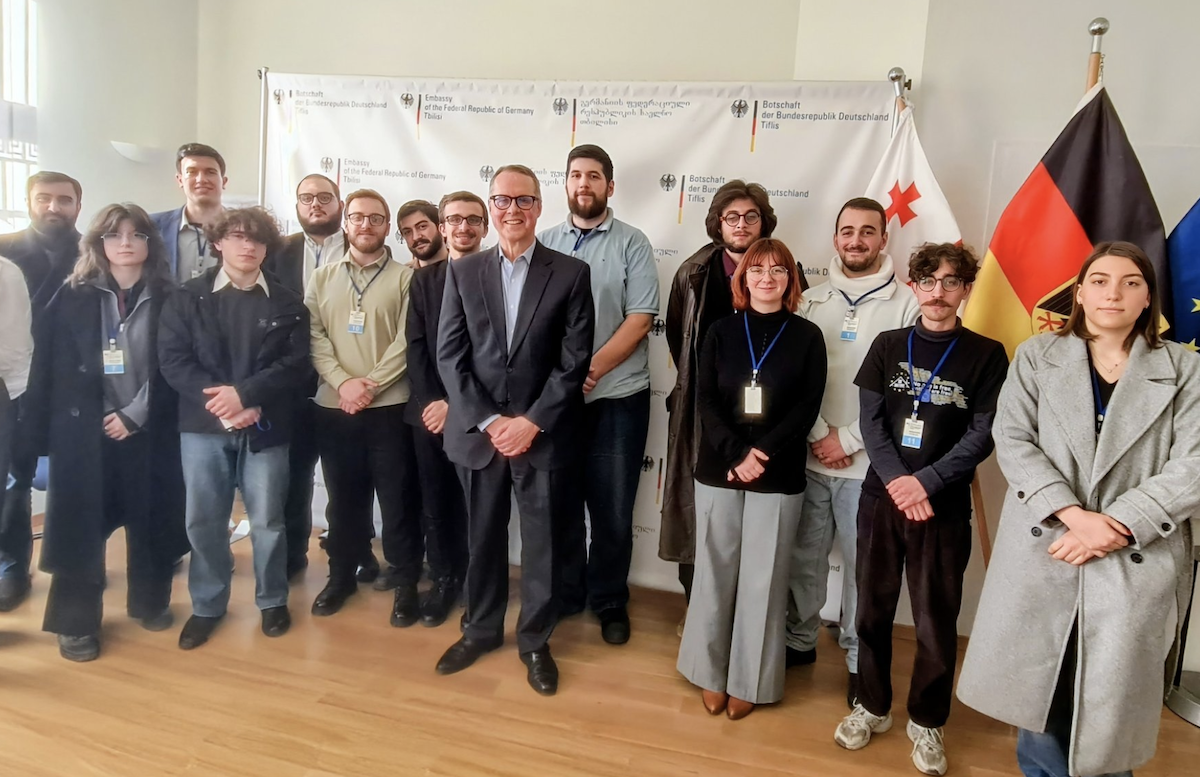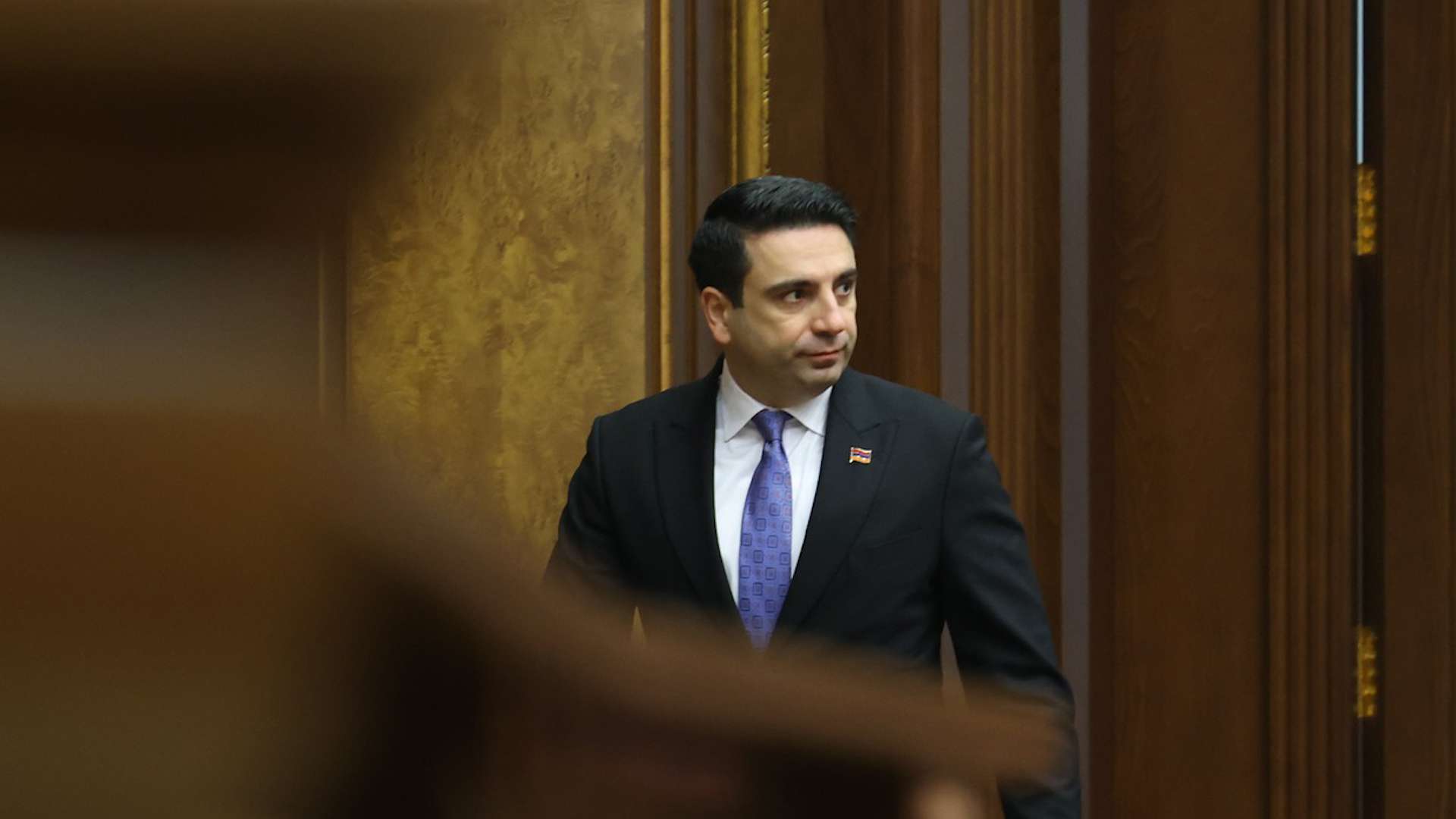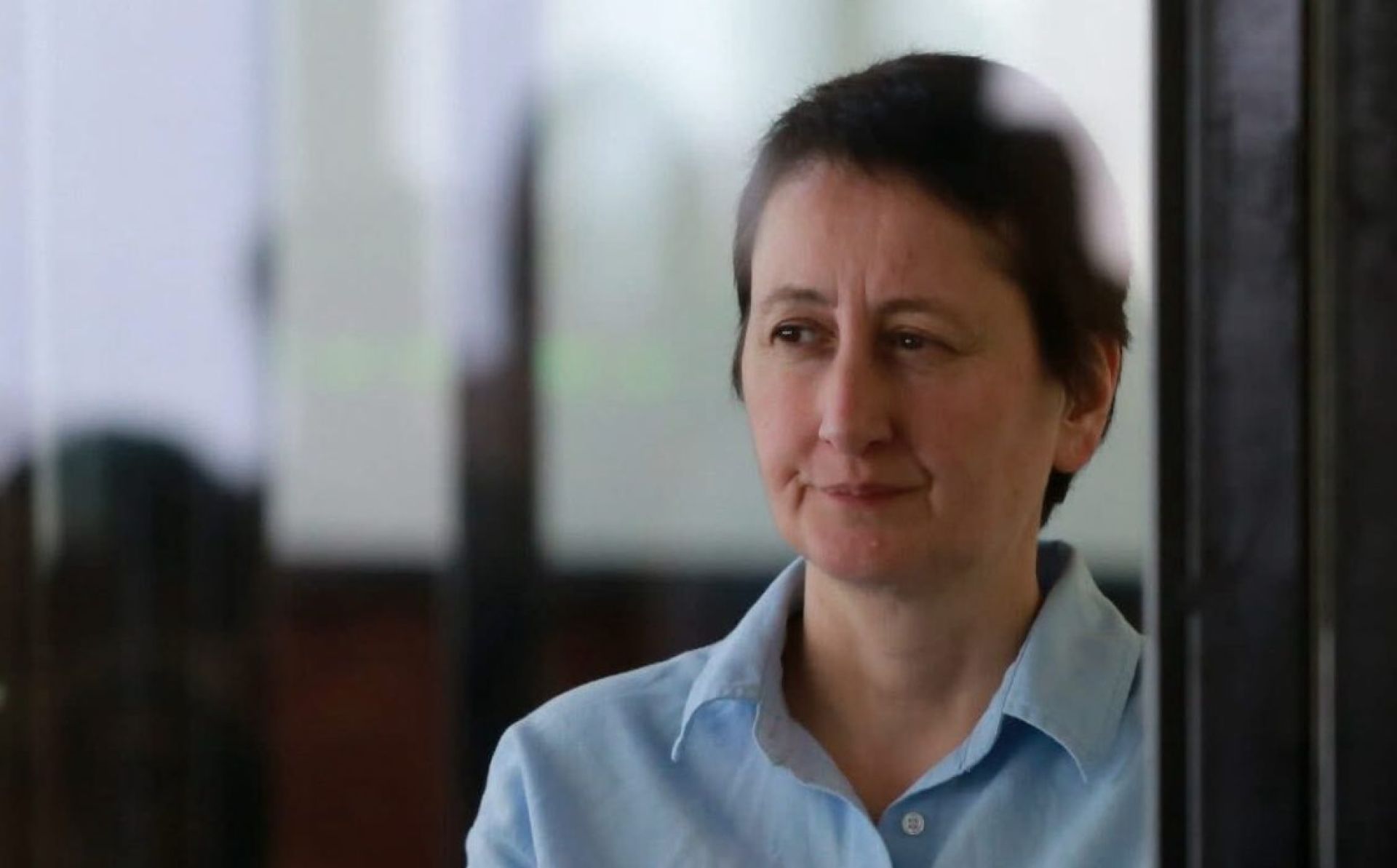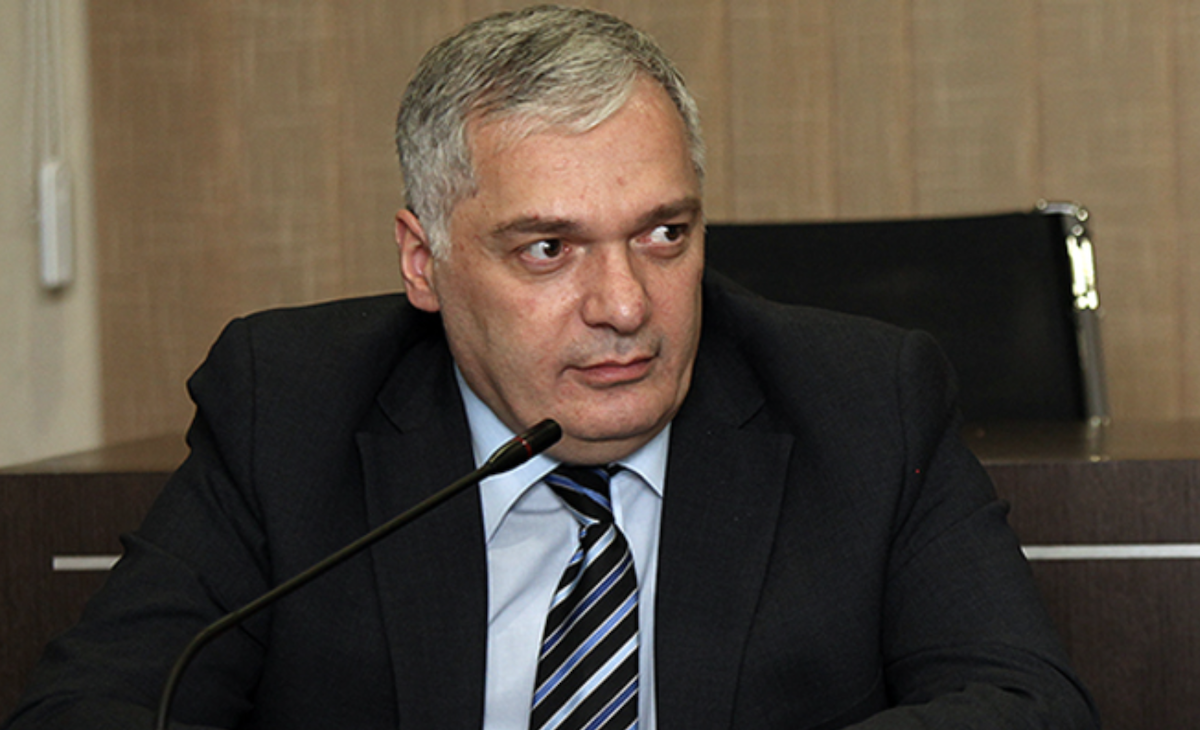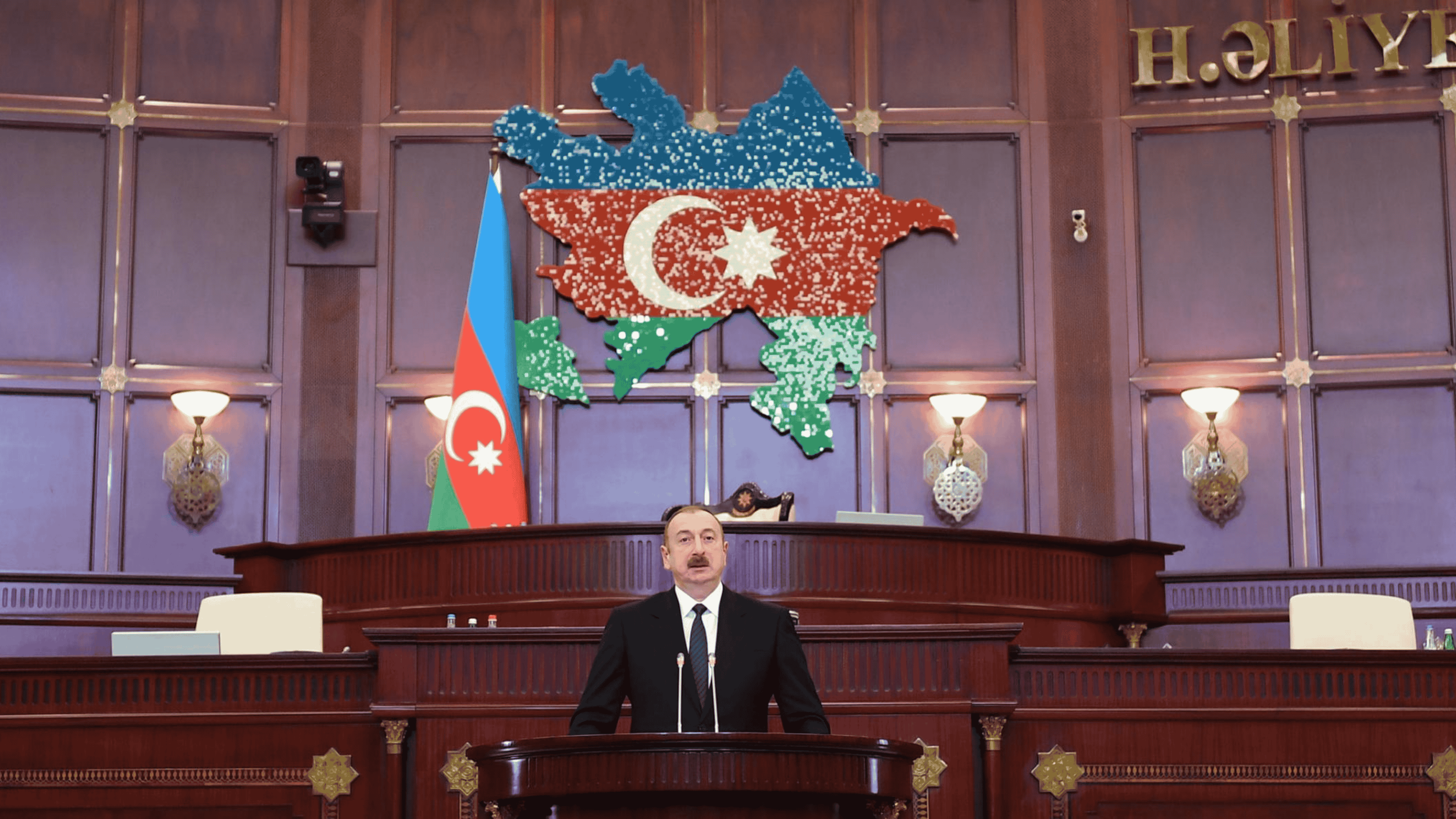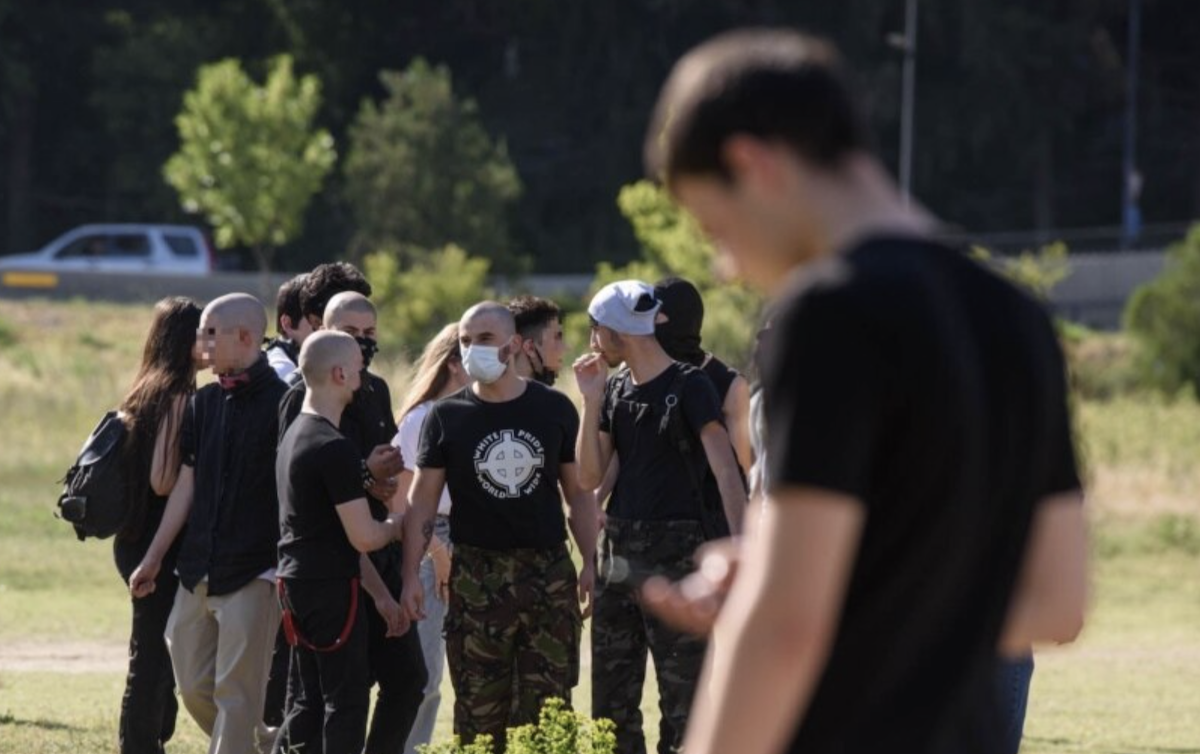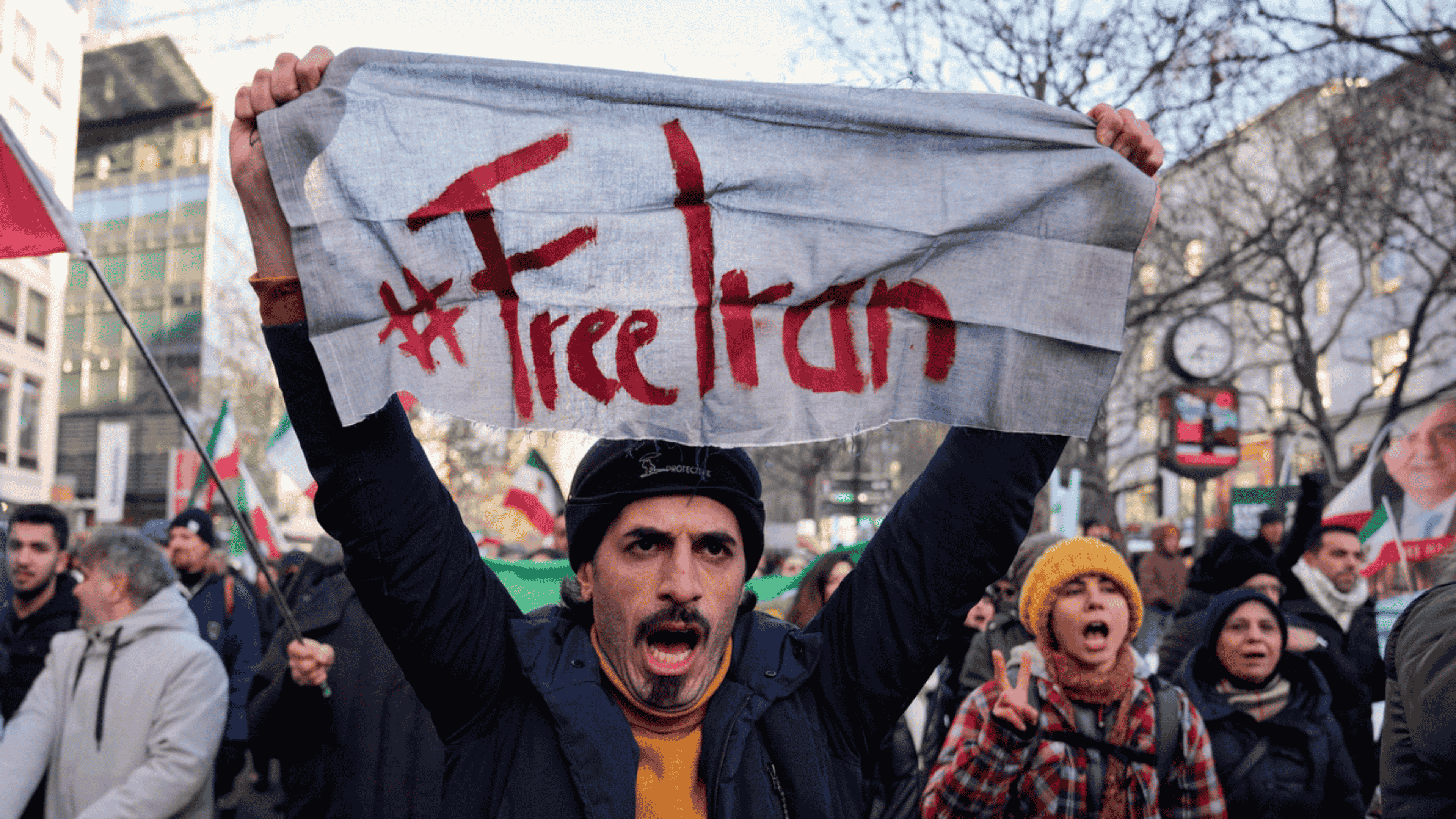Bible or business more important in school? Discussion in Abkhazia
Bible in schools in Abkhazia
In Abkhazia, the Minister of Education has come up with a proposal to start studying holy scripture and Orthodoxy in schools – and received a flurry of criticism in response. He was reminded of the legal equality of all confessions and the prohibition of teaching religion to minors against their will and without the consent of their parents. The Minister was also informed about the many other important problems in the education system that require urgent solutions.
On the morning of Oct 26, the Minister of Education, Inal Gablia, said at the official enrollment ceremony of students at the Sukhum Theological School that “schools of Abkhazia are ready to accept the holy scriptures into the curriculum.”
“This is not a requirement of the times. This is our duty as Orthodox people, as people who live on the sacred land where the apostles of Jesus Christ preached. Our task is to bring this knowledge to the masses, to the younger generation, so that they get used to it from school,” the minister said and cited Belarus as an example, where, according to him, the Bible is studied in schools.
Social networks immediately exploded with a flurry of criticism and indignation. Even loyal supporters of the government exhibited chatter about dismissing Inal Gablia.
“Children should be taught the laws, the basics of business and finance,” in the words of Abkhazian politician Adgur Lagvilava. He also suggested devoting part of the school day to familiarizing children with traditional Abkhaz values, for example the Apsuara code of honor.
“I want to remind the Minister of Education that Abkhazia is a secular country and all religions are equal in our country. There are separate educational institutions for religious education. Belarus has good IT education – that’s what you need to take an example from. Children should have knowledge and skills that will help them realize their potential in the future. And an educated person will deal with religious beliefs somehow on his own, without your intervention,” Lagvilava wrote.
- “My great-grandfather was a Muslim, and my great-grandmother a Christian” – about religions in Abkhazia
- Repatriation in Abkhazia: myths, expectations and reality
- Cows, war and faith: story of a Krishna devotee farmer from an Azerbaijani village
- Armenian Yazidis object to their children being forced to say Lord’s Prayer at school
“The Minister of Education is the problem in Abkhaz education”
The quote above was taken from Abkhaz blogger Tengiz Jopua.
“This person does not have an elementary idea about the differences between the scientific worldview and the religious one and their role in the formation of the human personality. He sees no difference between the secular state and the church. He preaches the monopolization of one confession in a multi-confessional social environment. I have nothing against theology, but let it remain outside the education system along with our minister,” Jopua said.
Follow us – Twitter | Facebook | Instagram
Inal Gablia is the youngest and probably the most criticized member of the government of Abkhazia. He took up his post at the age of 28, having absolutely no experience in the field. It is said that this came about because his father is friends with President Aslan Bzhaniya.
By the evening of October 26, the press service of the Ministry of Education, assessing the extremely sharp and violent reaction of society, edited the minister’s statement. According to the new interpretation, it was only about “an elective course that could provide an opportunity to get acquainted with the moral and ethical norms of Orthodoxy.”
Comment
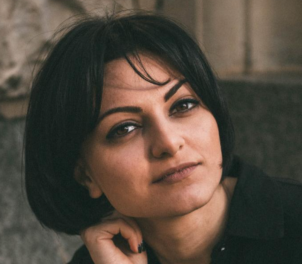
Abkhaz journalist Eleonora Giloyan
In Abkhazia, official days off are Christian, Muslim and pagan holidays. I am an Armenian, baptized in the Orthodox Church, and I dream of having a full-fledged mosque in our country. I rejoice that Catholics have their own home. And when I see Buddhists, I smile.
This is how Abkhazia brought me up. And I appreciate it, because I know that elsewhere it isn’t this way.
For a couple of months I lived and studied in Yerevan, in an ordinary Armenian school where children read the Bible. Of the thirty children in the class, all were Armenians by nationality and Christians. There we are talking about families where mothers and fathers, and grandmothers and grandfathers have the same identity. Exceptions are rare.
In 2015 Armenia amended the Constitution and removed the sentence that “the Republic of Armenia is a secular state.” In Article 18 of the Constitution, Armenia recognizes the special mission of the Armenian Apostolic Church and “singles it out among other religious organizations.”
The first thing my Armenian relatives ask me in Armenia is whether my husband is a Christian and where he was baptized. And they are sincerely upset that he adheres to the Abkhaz traditional religion, is not baptized and does not plan to.
Abkhazia is a different story. We must be different. This is how it was supposed to be. There is depth, strength and even security in this.
Bible in schools in Abkhazia
Toponyms and terminology used by the author, as well as views, opinions and strategies expressed by them are theirs alone and do not necessarily reflect the views and opinions of JAMnews or any employees thereof. JAMnews reserves the right to delete comments it considers to be offensive, inflammatory, threatening or otherwise unacceptable










